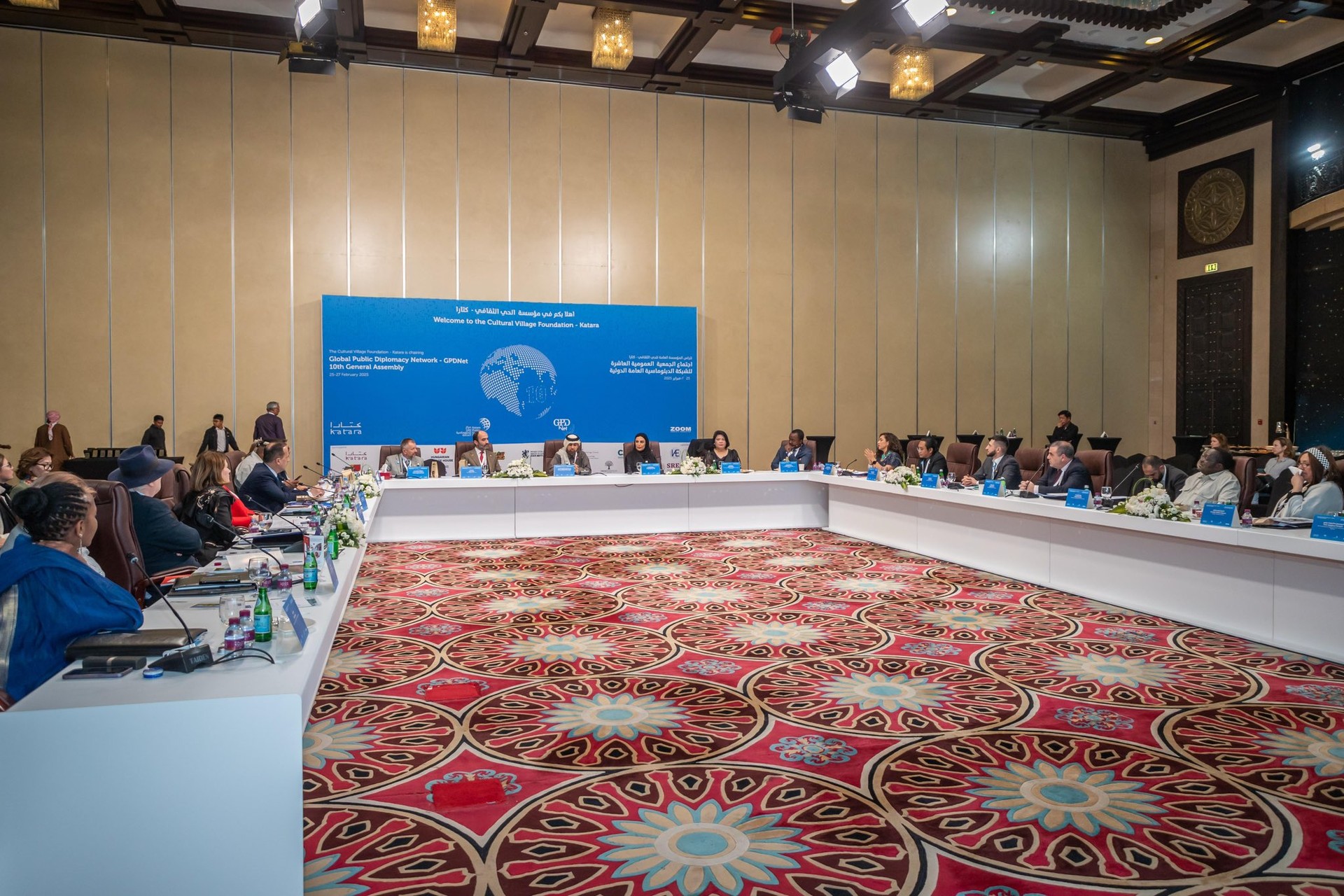
The 10th General Assembly Meeting of the Global Public Diplomacy Network (GPDNet), held in Doha, Qatar, on Feb. 25–26, 2025, was a landmark gathering that brought together leading cultural institutions, diplomats, bureaucrats, public and cultural diplomacy experts, journalists, and policymakers from around the world.
This assembly provided an opportunity to reflect on the network’s achievements over the past decade and lay the groundwork for a dynamic and forward-looking vision for the next decade.
As one of the founding members of GPDNet, Yunus Emre Institute was represented at the 10th General Assembly Meeting by its Doha Director, Enver Gedik. Established in 2014, Yunus Emre Institute held the term presidency of GPDNet from 2016 to 2019, playing a key role in shaping the network’s early initiatives.
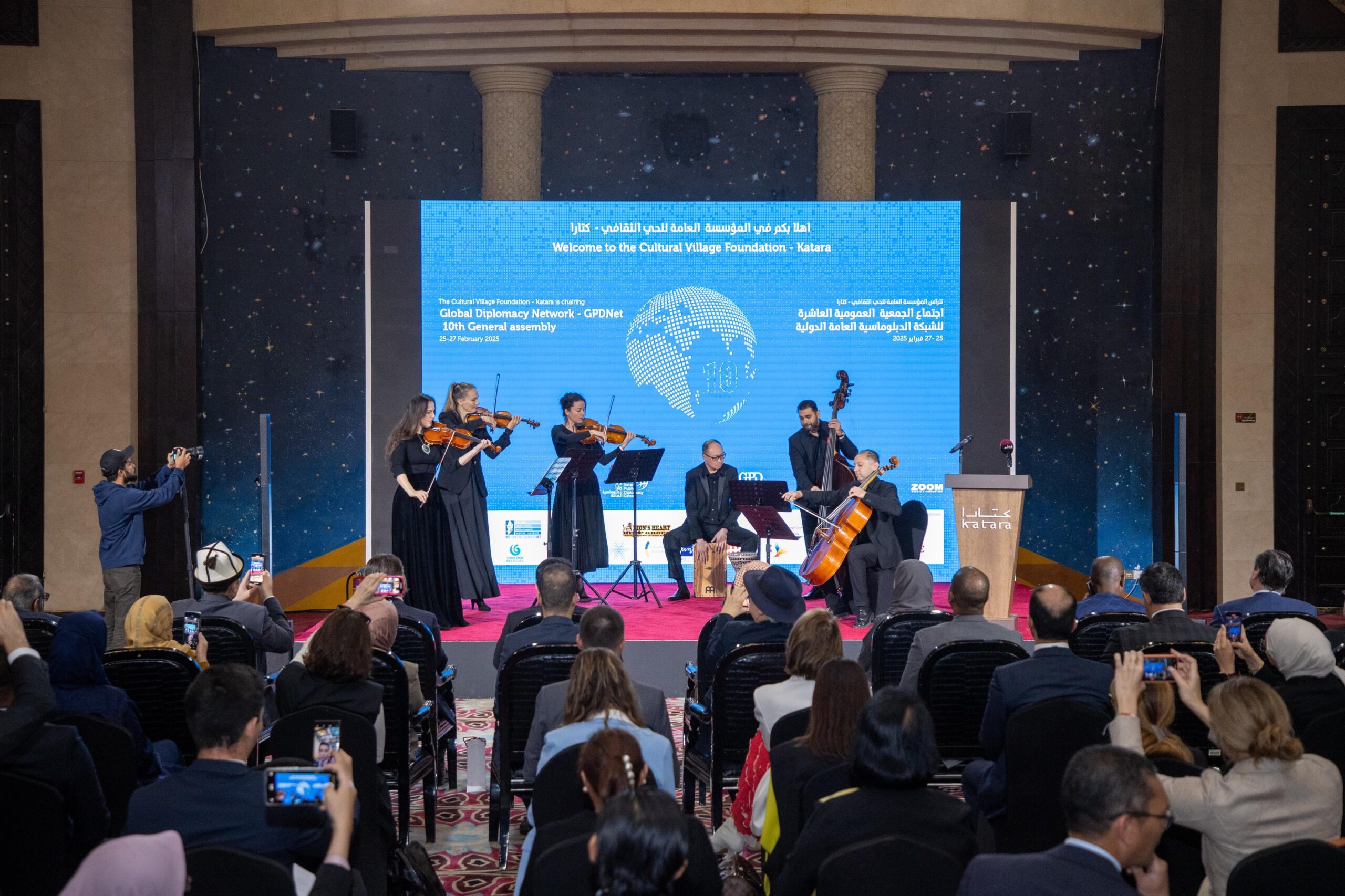
Hosted by KATARA Cultural Village, the assembly commenced with a captivating performance of Cultural Fusion Music by the Qatar Philharmonic Orchestra, setting a harmonious tone that underscored the power of music in bridging people and nations. This artistic opening symbolized GPDNet’s commitment to promoting mutual understanding through creative expression.
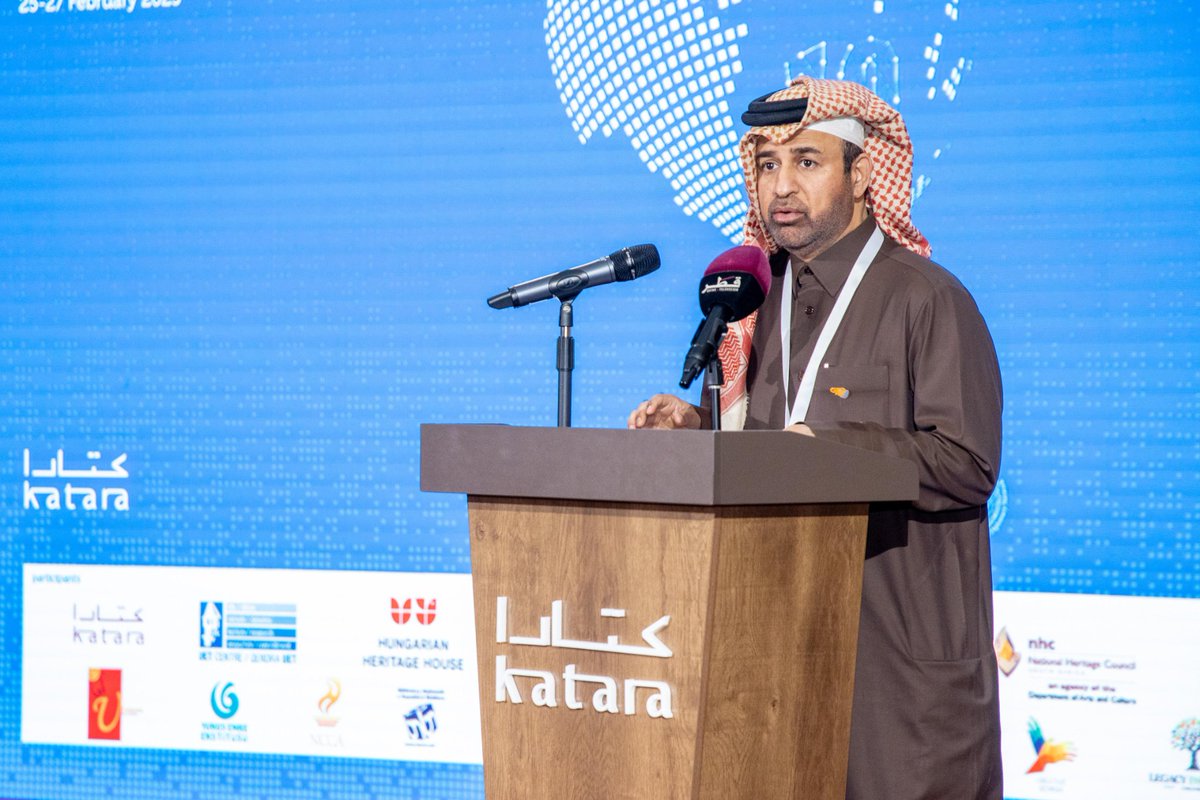
In his welcome speech, Professor Khalid Al Sulaiti, General Manager of KATARA Cultural Village Foundation and Term President of GPDNet, highlighted the pivotal role of public and cultural diplomacy in building peace and mutual respect among peoples of the world.
"In a world shaped by diversity, culture is the most powerful bridge that connects people. Through insightful dialogue and artistic expression, we strengthen the bonds of understanding and cooperation," he remarked.
He reaffirmed KATARA’s dedication to championing global cultural exchange and ensuring that GPDNet continues to be a beacon of collaboration.
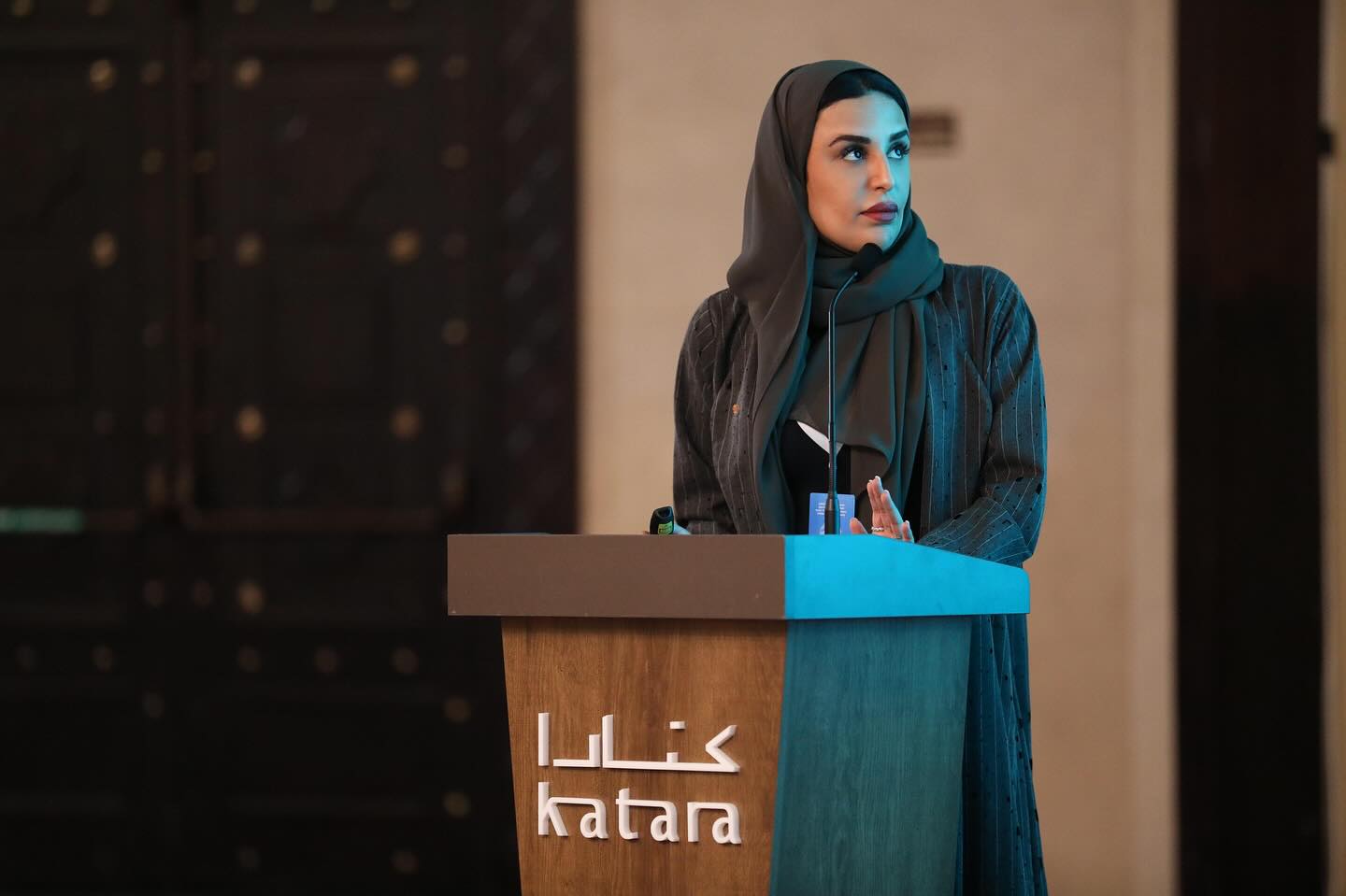
This vision was echoed in the Opening Address by Maryam Al Saad, Secretary General of GPDNet, who underscored the increasing need for innovation in public diplomacy. She emphasized that "the future of public and cultural diplomacy depends on adaptability.
In an era of digital transformation, GPDNet must leverage emerging technologies and innovative strategic engagement methods to stay at the forefront of global discourse."
Her speech paved the way for discussions on modernizing GPDNet’s approach to international cooperation.
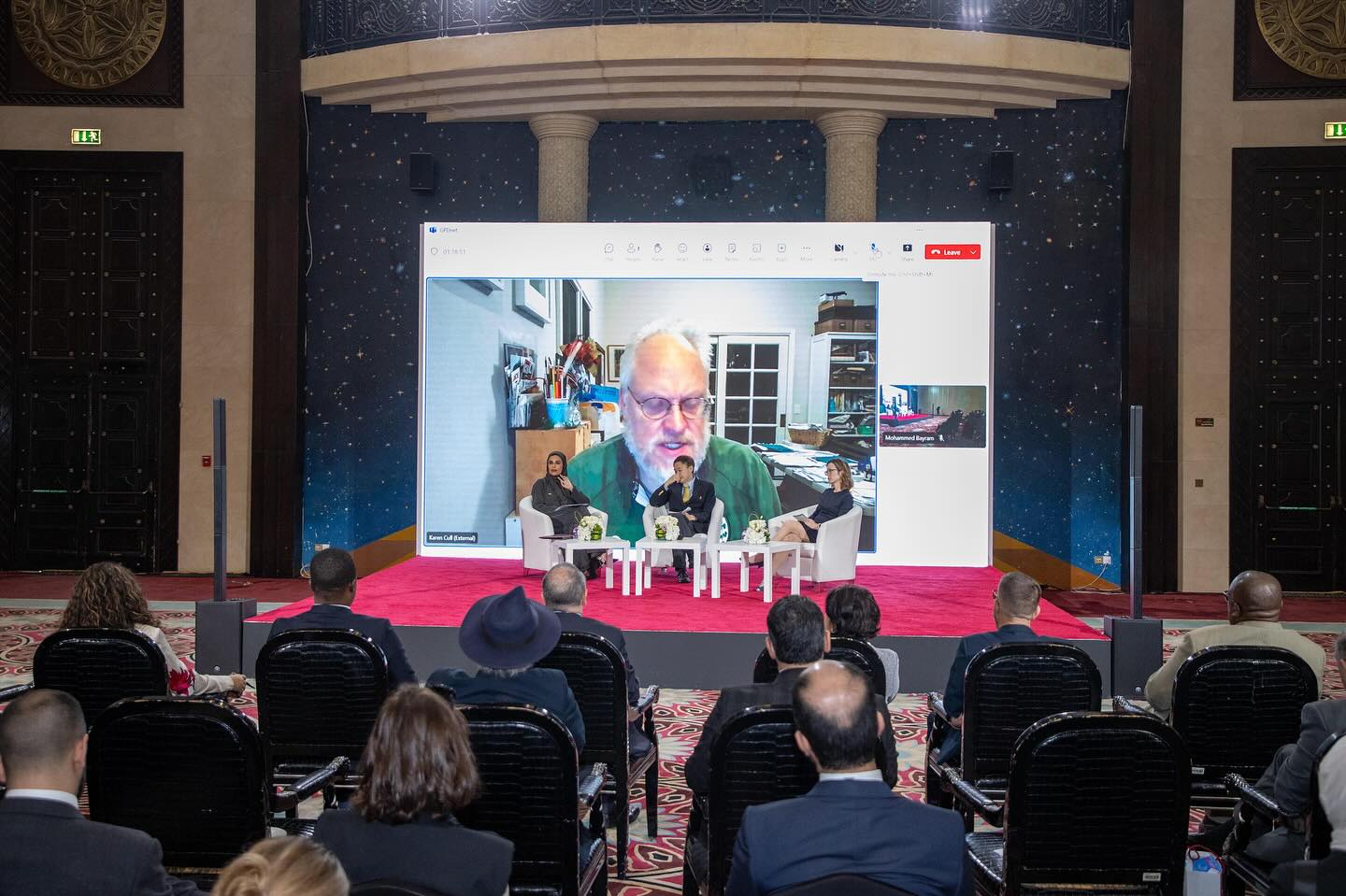
A key intellectual highlight of the assembly was the panel discussion, 'Public Diplomacy Next: New Trends and New Threats,' where esteemed experts examined the evolving landscape of public and cultural diplomacy.
The discussion explored both the opportunities and challenges within this new ecosystem, offering valuable insights to guide GPDNet’s cross-cultural engagement efforts on a broader scale.
Bringing together some of the most renowned voices in public diplomacy, the panel featured insightful contributions from Dr. Nicholas Cull, Dr. Yasushi Watanabe, and Dr. Vanessa Tinker.
Moderated with expertise by Maryam Al Saad, Secretary General of the Global Public Diplomacy Network, the discussion sparked thought-provoking discussions on the evolving challenges and opportunities shaping the future of cross-cultural engagement.
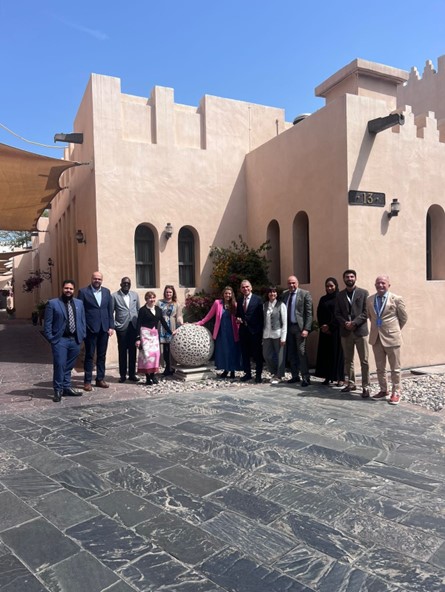
Complementing this was an interactive media workshop, “Media Impact: Building Positive Environments for a Globally Shared Future."
The session brought together leading media professionals, digital strategists, and public diplomacy practitioners to explore the evolving role of media in fostering global mutual understanding and cross-cultural communication.
Participants explored how conventional and non-conventional media platforms can be harnessed to amplify constructive narratives that promote intercultural exchange and strengthen global cooperation.
Additionally, a specially designed brainstorming session was held to explore innovative strategies for engaging global audiences effectively and efficiently through media.
Experts exchanged ideas on leveraging emerging technologies, tailoring content for diverse cultures, and fostering meaningful interactions that resonate across borders.
The session provided valuable insights into how media can serve as a powerful tool in bridging divides and reinforcing GPDNet’s mission of fostering cross-cultural understanding.
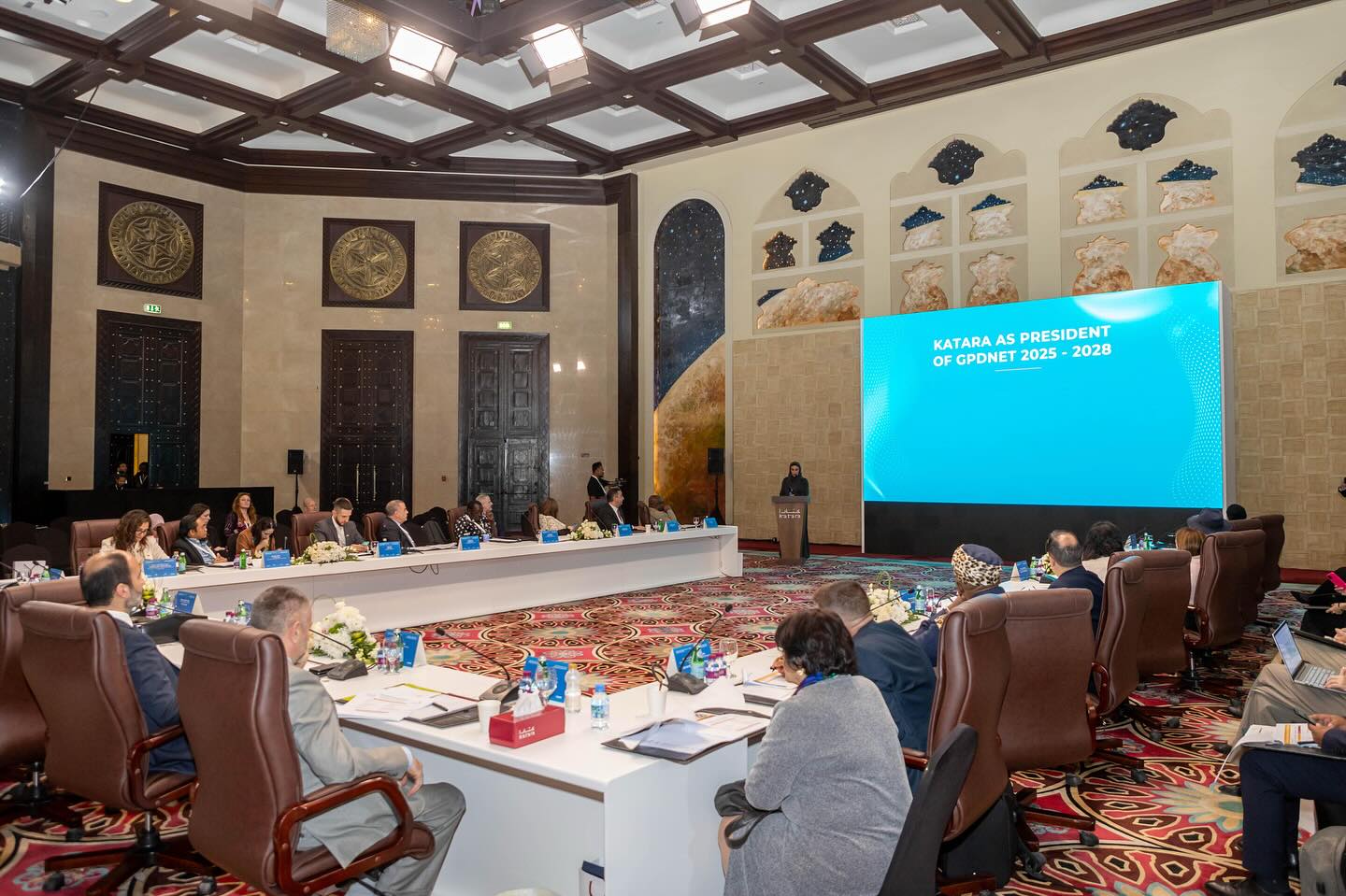
One of the most significant developments from the meeting was the unanimous
re-election of KATARA Cultural Village as the term president of GPDNet for
2025-2028. This decision underscores the network’s commitment to continuity, stability, and a long-term vision, ensuring structured leadership in advancing GPDNet’s objectives.
However, this new term is not solely about continuity—it marks the beginning of a
transformative era for GPDNet.
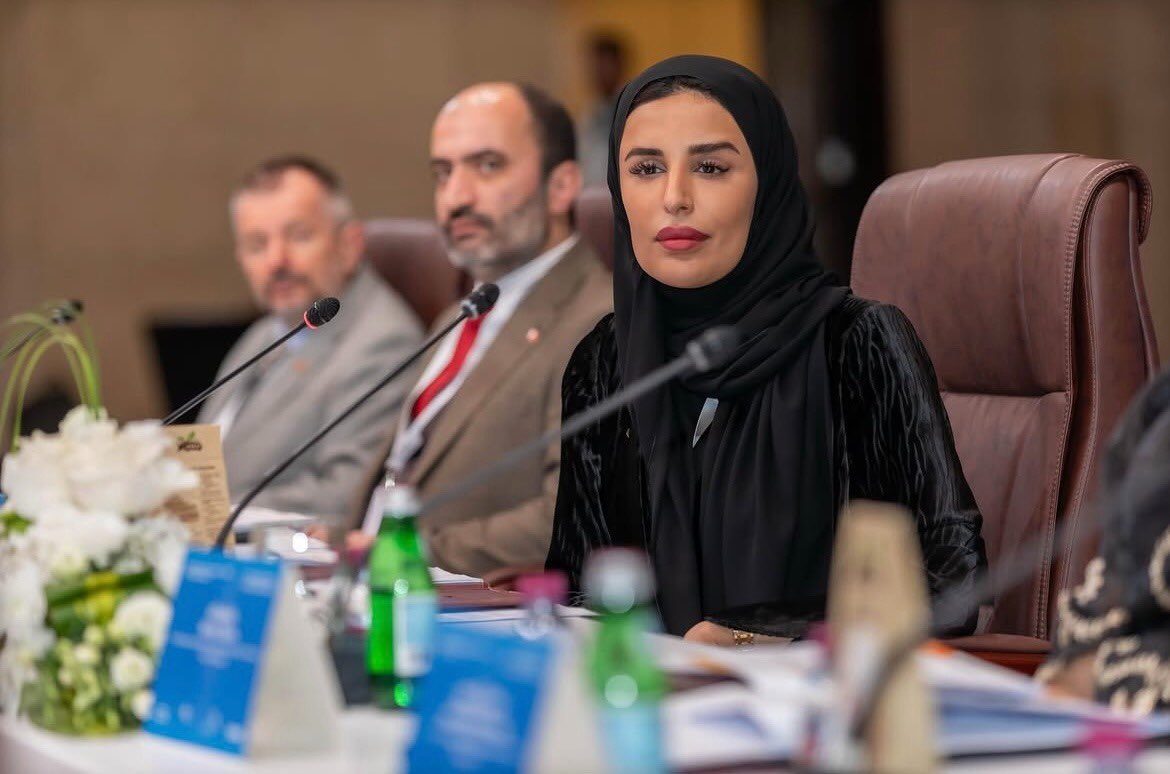
The 10th General Assembly Meeting of GPDNet marked a pivotal moment in the network’s evolution, emphasizing institutional reorientation, governance reform, and the expansion of global cultural diplomacy initiatives.
One of the significant outcomes of the assembly was the approval of the GPDNet Public Diplomacy Academy, an initiative dedicated to capacity building and leadership development in the field of public diplomacy. This academy will serve as a hub for training future cultural diplomats, fostering knowledge exchange, and equipping professionals with skills in digital engagement and cross-cultural communication.
Another key outcome of the General Assembly was the adoption of GPDNet Vision 2030, a strategic framework that will shape the network’s direction in the decade ahead. This vision will serve as a roadmap for strengthening governance, expanding outreach, and integrating new approaches into the public and cultural diplomacy practice of GPDNet.
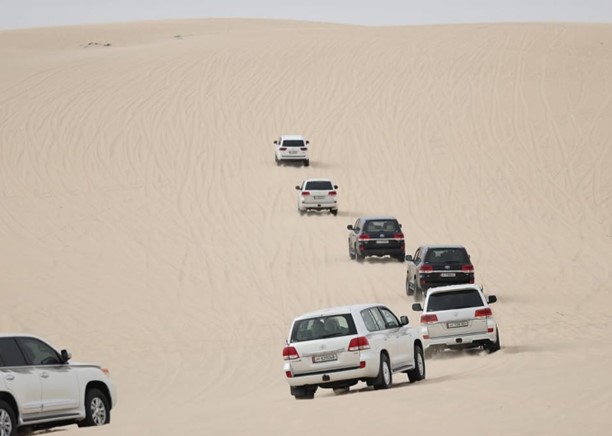
Beyond the formal discussions, the assembly was enriched by a series of social and cultural events hosted by KATARA Cultural Village, providing a platform for informal diplomacy, networking, and the celebration of cultural diversity.
These engagements reinforced the essence of people-to-people diplomacy, demonstrating how shared experiences and artistic expressions contribute to deeper international cooperation.
As GPDNet embarks on its next chapter under the leadership of Katara Cultural Village, the focus remains steadfast on innovation, inclusivity, and sustainability.
In the decade ahead, ensuring GPDNet’s continued relevance and its ability to navigate the evolving landscape of public and cultural diplomacy will be a key priority. The 10th General Assembly Meeting underscored the need for continuous adaptation, strategic foresight, and proactive engagement—reinforcing public diplomacy as a vital instrument for fostering global cooperation, cultural understanding, and international peace.
With a more structured, effective, and globally influential framework, GPDNet is poised to shape the future of public and cultural diplomacy, contributing to a world that is peaceful, prosperous, progressive, and people-centric.
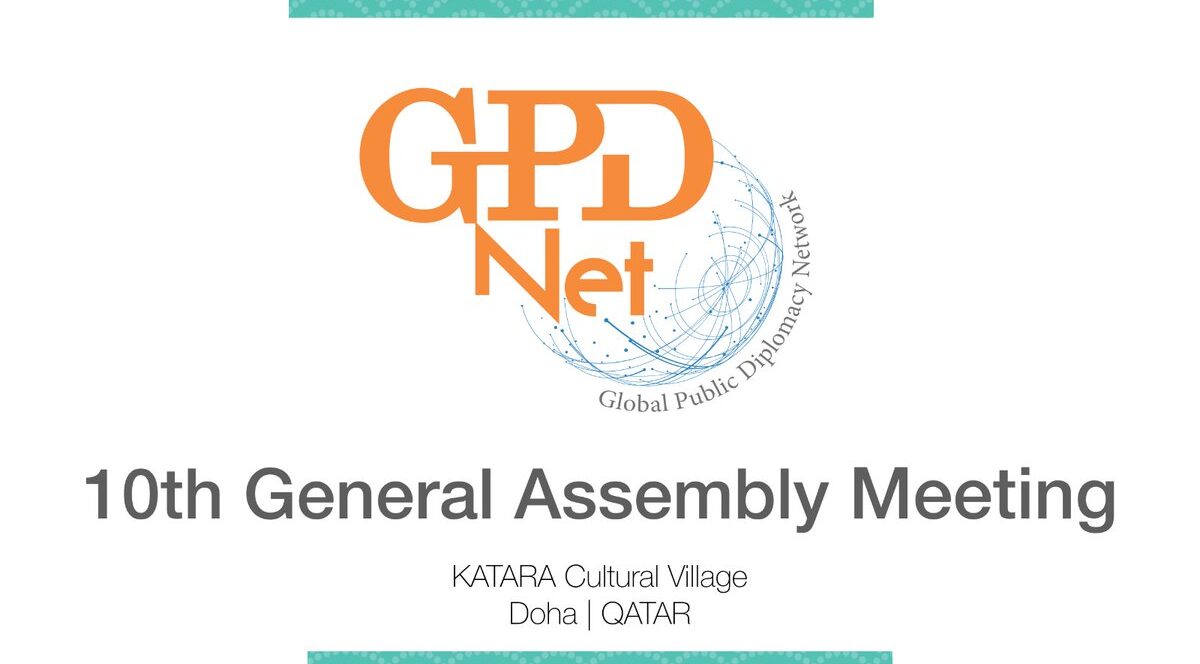
In an increasingly interconnected world, cultural diplomacy has emerged as a vital driver in promoting international cooperation and understanding. The Global Public Diplomacy Network (GPDNet), established in 2014, is a pioneering platform uniting public and cultural diplomacy institutions from 28 countries across five continents.
With a firm commitment to neutral, non-political, and inclusive diplomacy, GPDNet leverages arts, culture, education, and emerging technologies to create meaningful cross-cultural engagement.
Founded by nine pioneering institutions from South Korea, Turkiye, the Philippines, Sweden, Taiwan (China), Nigeria, Poland, Portugal, and Singapore, GPDNet has grown into an influential driver in international public and cultural diplomacy.
It serves as a hub for cultural collaboration, thought leadership, and people-to-people connections, ensuring that public diplomacy extends beyond governmental policies to touch the lives of global citizens.
Through exhibitions, concerts, performing arts collaborations, film screenings, storytelling events, cultural festivals, and exchange programs, GPDNet actively promotes mutual understanding and sustainable cross-cultural exchange.
As it expands its reach, the network is also set to launch the GPDNet Academy, an initiative aimed at training future public diplomacy professionals and shaping the next generation of cultural ambassadors.
About the author: Dr. Melih Barut is a scholar in strategic studies and communication sciences, specializing in strategic communications, civil-military relations, and peace studies. A former Air Force officer and Secretary General of the Global Public Diplomacy Network, he has led programs at NATO, the UN, the EU, and GPDNet. Dr. Barut is an expert in media strategy and narrative formation, and his articles appear in national and international media, combining scholarly insight with real-world relevance.